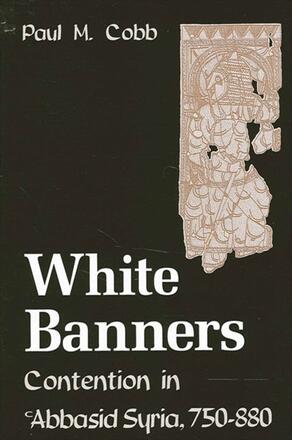
White Banners
Contention in ʿAbbasid Syria, 750-880
Alternative formats available from:
Examines the fall of the Syrian Umayyad caliphate and the rise of the 'Abbasid state, predominantly from the view of the local inhabitants of medieval Syria.
Description
Using Arabic, non-Arabic and newly available local Syrian sources, this richly detailed study examines the central events of medieval Islamic history: the fall of the Syrian Umayyad caliphate and the rise of the 'Abbasid state. As the 'Abbasids forged their new state from Iraq, Syrians raised their white banners of opposition and violently contested the changes that occurred under the 'Abbasid rule. As a result, the Syrian population quickly gained a reputation as uniquely contentious. White Banners traces the divergent fates of Syria's populace in their shift from center to periphery, rooting the many sources of Syrian contention in the nature of early Islamic provincial government. The book also provides answers to key questions concerning the history of medieval Syria: what strategies did the 'Abbasid government use to rule their new province? What was the fate of the Umayyads in Syria who survived the revolution? How did Syria's tribal-military elite cope under new masters? What pushed the common folk to violence?
Paul M. Cobb is Assistant Professor of History at the University of Notre Dame.
Reviews
"Cobb does an excellent job of situating a series of sophisticated case studies, as well as providing his analysis of the politics of contention within the larger context of the historiography (Syrian and Iraqi; medieval and modern) on late Umayyad and early 'Abbasid history."— James E. Lindsay, Colorado State University